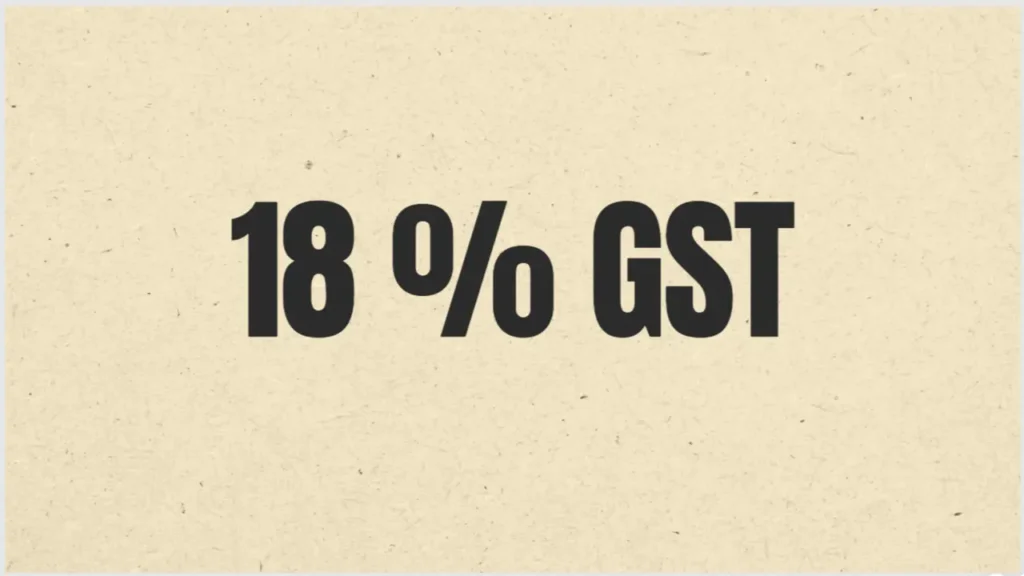18% GST Slab in India: Why This ‘Standard Rate’ Drives the Bulk of Tax Collections
Introduction Since its introduction on 1 July 2017, India’s Goods and Services Tax (GST) has transformed indirect taxation by unifying multiple levies under a single framework. While GST is divided into multiple slabs—0%, 5%, 12%, 18%, and 28%—the 18% GST slab stands out as the country’s “standard rate.” This category covers a vast range of […]




